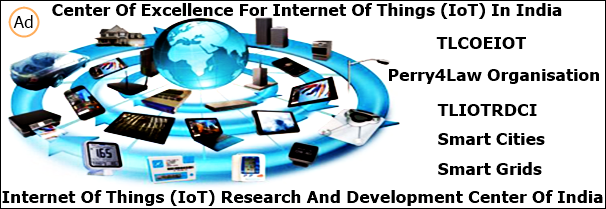Intercept has recently published an article
describing that U.S. and British spies hacked into the internal
network of Gemalto in 2010 that is one of the largest manufacturers
of SIM cards in the world. They stole the encryption keys used to
protect the privacy of mobile cellular communications across the
globe.
GSM (Global System for Mobile Communications) was
originally designed with a moderate level of service security. At the
time of that initial security level it was thought that GSM
communications cannot be compromised. The basic level security system
was designed to authenticate the subscriber using a pre-shared key
and challenge-response. However, a higher level security is possible
by encrypting the communications between the subscriber and the base
station.
GSM uses
several cryptographic algorithms for security. The A5/1, A5/2, and
A5/3 stream ciphers are used for ensuring over-the-air voice privacy.
The Hacker’s Choice started the A5/1
cracking project with plans to use FPGAs that allow A5/1 to be
broken with a rainbow table attack. On 28 December 2010 German
computer engineer Karsten Nohl announced
that he had cracked the A5/1 cipher. He also said that it is possible
to build “a full GSM interceptor from open-source components” but
that they had not done so because of legal concerns. Nohl claimed
that he was able to intercept voice and text conversations by
impersonating another user to listen to voicemail, make calls, or
send text messages using a seven-year-old Motorola cellphone and
decryption software available for free online.
New attacks have been observed that take advantage
of poor security implementations, architecture, and development for
smartphone applications. Some wiretapping and eavesdropping
techniques hijack the audio input and output providing an opportunity
for a third party to listen in to the conversation. GSM uses General
Packet Radio Service (GPRS) for data transmissions like browsing the
web that was cracked
by Nohl and his co-researcher Luca Melette in 2011.
U.S. law enforcement agencies have also been using
fake
cell phone towers to illegally
intercept mobile communications and data. Surveillance hardware
and software like Stingray,
Triggerfish,
etc are commonly used in U.S. and other jurisdictions. For instance,
India has been using secret
wires, central
monitoring system (CMS), NETRA,
etc to indulge in illegal and unconstitutional-surveillance. There is
no parliamentary
oversight of these e-surveillance projects and intelligence
agencies of India.
Let us now come back to the disclosures of
Intercept. What make it relevant for India are the Intercept claims
that these spies mined the private communications of Gemalto
engineers and employees in multiple countries, including India. Once
someone has access to these encryption keys they can monitor all
mobile communications on those SIM cards without seeking permission
from Indian courts, the government, the mobile operator, etc. And the
worst part is that there is no trace on the mobile operator’s
network that communications were monitored by a third party since
they have the actual keys and are not using brute force to break
encryption. But in the Indian context this fallacy seems to be more
by a “thoughtful design” than a negligence and lapse on the part
of Indian government and telecom operators. It seems India and U.S.
are collaborating
on illegal and unconstitutional e-surveillance on a mutual basis.
This is one of the main reasons why there is no encryption
policy of India (PDF) till date and why privacy
and data
protection (PDF) laws are still missing in India despite much
protests.
German Chancellor Angela Merkel’s voice calls were
monitored by U.S. spies and this forced the German government to use
BlackBerry smartphones with an additional layer of voice encryption.
Even Indian Prime Minister Narendra Modi now uses a BlackBerry with
possible security mechanisms.
However, the most interesting revelation comes in
the form that GCHQ could not intercept keys used by mobile operators
in Pakistan, even though Pakistan is a priority target for Western
intelligence agencies. This is because Pakistanis used more secure
methods to transfer the encryption keys between the SIM card
manufacturers and Pakistani mobile operators.
Mobile
cyber security in India is in a bad shape. The cyber
security trends in India 2013 (PDF) and 2014
by Perry4Law
Organisation (P4LO) have proved that mobile cyber security in
India is in real bad shape. Even the cyber
security trends in India 2015 have also short listed mobile cyber
security as a priority area that deserves immediate attention of
Indian government. The Centre
of Excellence for Cyber Security Research and Development in India
(CECSRDI) hopes that Indian government would take mobile cyber
security in general and cyber security in particular seriously
in the year 2015.
Source: Global
Techno Legal News And Views.











